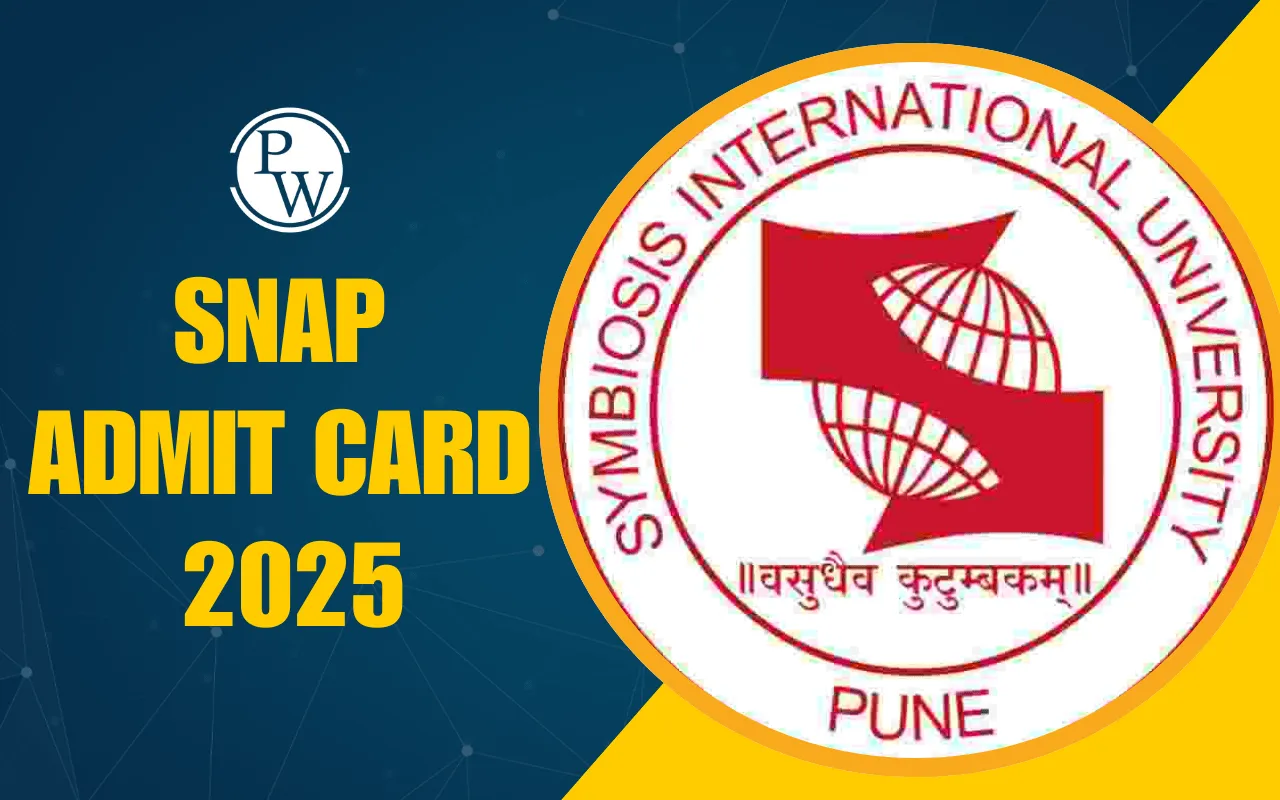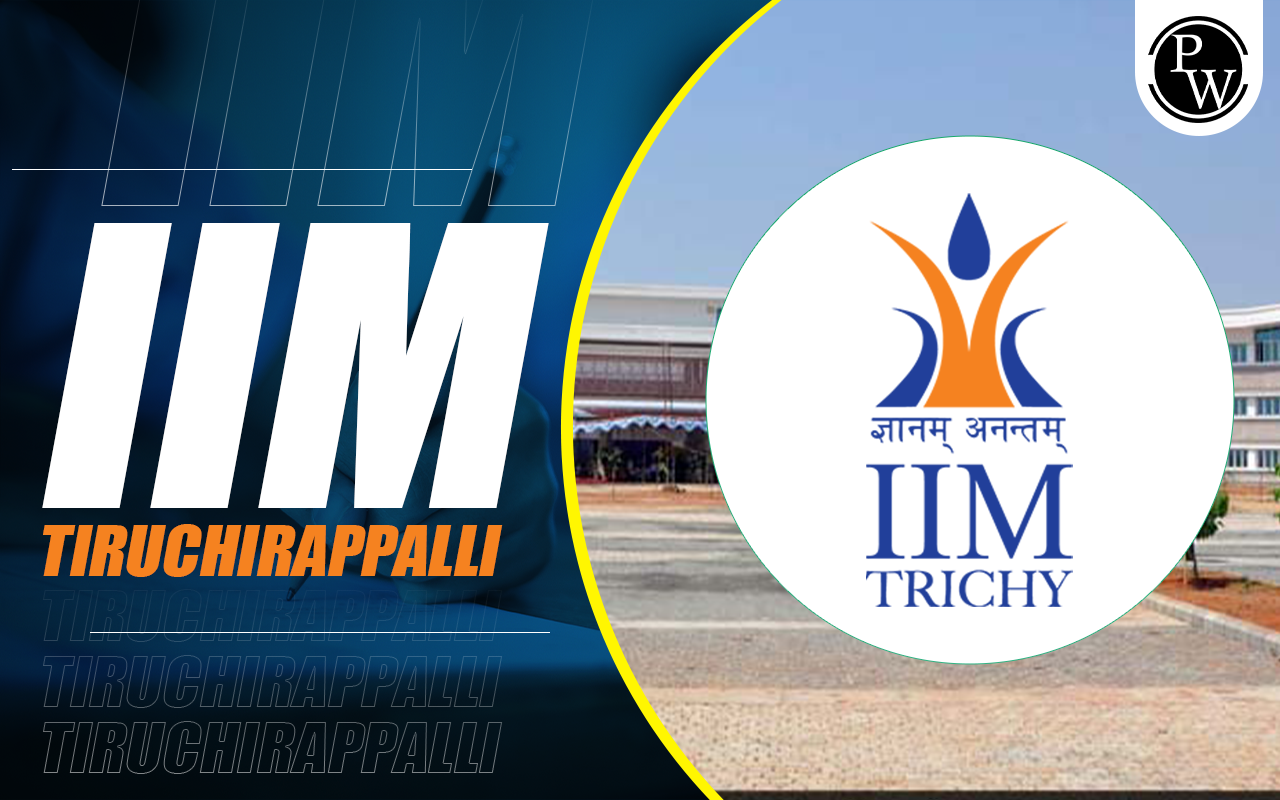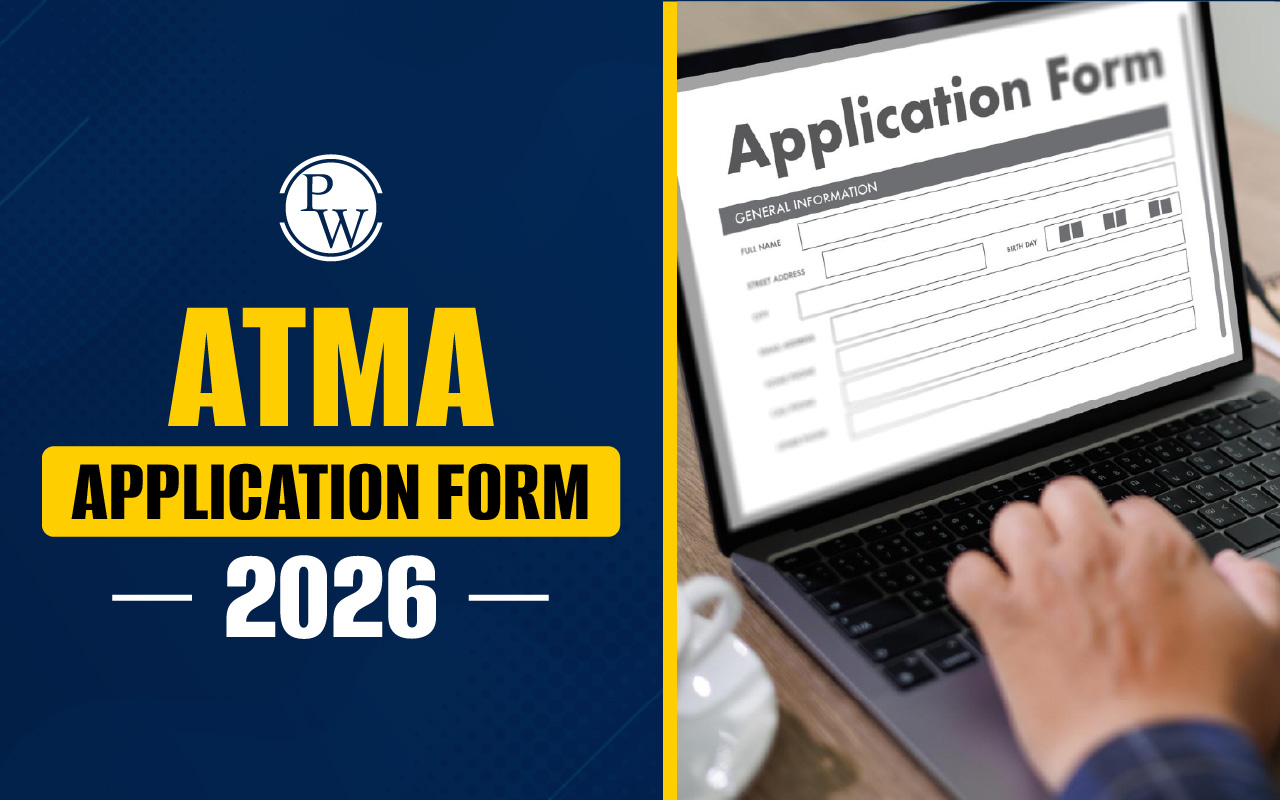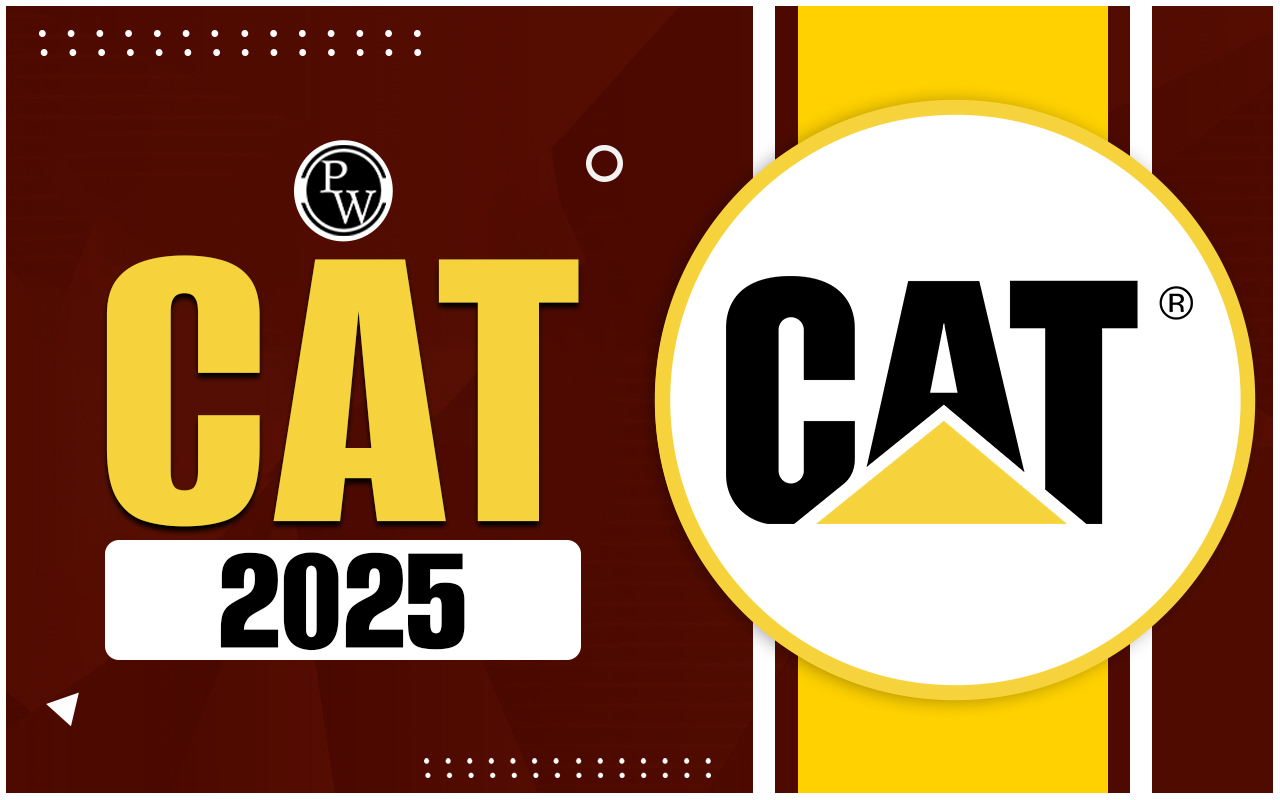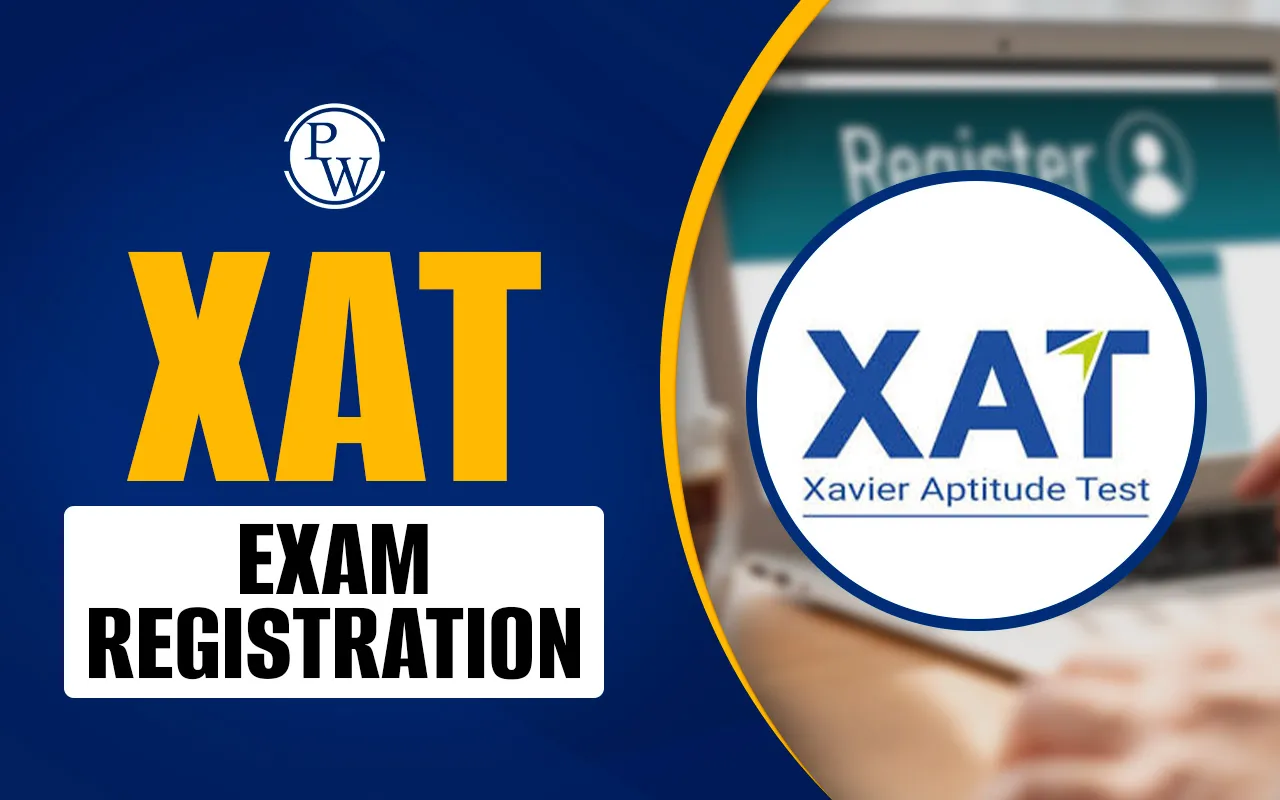
Which is Easier, GMAT or GRE: The GMAT (Graduate Management Admission Test) and GRE (Graduate Record Examination) are key exams for graduate admissions, but they differ in purpose and content. While both assess academic skills, their focus areas and accepted programs vary.
The GMAT is mainly for business schools and emphasizes quantitative reasoning, data analysis, and logical thinking. The GRE is accepted across a wider range of graduate programs—including arts, sciences, and humanities—and focuses more on verbal reasoning, vocabulary, and analytical writing. Which exam is “easier” depends on your strengths. If you're stronger in math, the GMAT may suit you better; if you excel in language and writing, the GRE might be a better fit.
What is GMAT Exam?
GMAT (Graduate Management Admission Test) is a globally accepted standardized exam that has been a part of business school admissions for more than five decades. It is designed to assess a candidate’s analytical thinking, problem-solving, and quantitative reasoning skills—all under time constraints. These abilities are essential for success in graduate-level management studies. Business schools also consider academic records, essays, work experience, and recommendation letters when evaluating applicants.
-
The GMAT is divided into three main sections: Quantitative Reasoning, Verbal Reasoning, and Data Interpretation.
-
Each of these sections evaluates essential skills such as critical thinking, data interpretation, and the ability to reason logically—key attributes for navigating complex business scenarios.
-
The total duration of the exam is 2 hours and 15 minutes, consisting of 64 questions. Test-takers are given one optional 10-minute break, and they have the flexibility to choose the order in which they attempt the sections.
-
A standout feature of the GMAT is its computer-adaptive testing format. This means the difficulty level of the questions adapts to the test-taker's performance—answering correctly leads to tougher questions, while incorrect responses result in easier ones.
-
Though the exam is considered challenging, it primarily tests skills that can be developed through targeted preparation and regular practice. With the right strategy and dedication, candidates can significantly improve their performance and increase their chances of securing admission to top business schools.
Also Read: GMAT Focus Exam 2025
What is GRE Exam?
GRE (Graduate Record Examinations) is a widely recognized standardized test used for admission to graduate, business, and law programs in the United States, Canada, and many other countries. Administered by the Educational Testing Service (ETS), the GRE assesses key academic skills that students typically develop throughout their education, including verbal reasoning, quantitative reasoning, analytical writing, and critical thinking.
-
The exam is divided into multiple sections that evaluate a candidate’s ability in areas such as data interpretation, argument analysis, algebra, geometry, arithmetic, and vocabulary. Offered globally in a computer-based format, the GRE is an essential requirement for entry into various master’s and doctoral programs.
-
GRE scores range from: 130 to 170 for both Verbal and Quantitative Reasoning, 0.0 to 6.0 for Analytical Writing
-
These scores are valid for five years, and the standard registration fee is $205. However, fee reduction programs are available for eligible candidates under specific circumstances.
-
A notable feature of the GRE is its computer-adaptive nature, where the difficulty level of questions adjusts based on the test-taker’s performance. With its broad acceptance by institutions worldwide, the GRE continues to be a key gateway for students aiming to pursue advanced academic and professional degrees.
Which is Easier: GMAT or GRE?
For many years, prospective MBA and graduate students have compared the Graduate Management Admission Test (GMAT) and the Graduate Record Examination (GRE) to determine which exam is better suited to their academic goals and abilities. While both tests are designed to assess a candidate’s readiness for graduate-level education, they differ in terms of format, content focus, and overall difficulty, making the choice between them dependent on individual strengths and program requirements.
GMAT vs GRE: Structure and Content
GMAT is a computer-based exam that includes four sections: Analytical Writing Assessment (AWA), Integrated Reasoning (IR), Quantitative Reasoning (QR), and Verbal Reasoning (VR). It is specifically designed to test a candidate’s ability to analyze data, think critically, and solve problems—skills essential for success in business school. Accepted by over 1,200 MBA programs globally, the GMAT is a preferred choice for applicants targeting graduate management education.
In contrast, the GRE is also a computer-delivered test but consists of three main sections: Analytical Writing, Quantitative Reasoning, and Verbal Reasoning. While it assesses similar core skills such as reasoning, analysis, and problem-solving, the GRE is more versatile, as it is accepted for a broader range of graduate programs, including business, law, engineering, and social sciences. Today, almost all business schools also accept GRE scores, offering applicants greater flexibility in their test choice.
Also Read: How to Prepare for GMAT Focus Edition 2025
GMAT vs GRE: Difficulty Level
When comparing the GMAT and GRE, the level of difficulty often depends on an individual’s strengths and weaknesses. Some may find one test more manageable than the other based on their skills in math, language, or reasoning. Still, there are some general differences between the two exams that can help candidates decide which is a better fit.
GMAT Verbal vs. GRE Verbal
-
The GMAT Verbal section emphasizes grammar, critical reasoning, and sentence correction, testing how well candidates analyze and understand written arguments.
-
The GRE Verbal focuses more on vocabulary, text completion, and sentence equivalence, requiring strong knowledge of advanced English words. Many test-takers find GRE Verbal more challenging due to its heavy emphasis on difficult vocabulary.
GMAT Quant vs. GRE Quant
-
The GMAT Quantitative section is known for being more logic-based, with complex word problems and data sufficiency questions that test reasoning rather than straightforward calculations.
-
The GRE Quantitative section focuses more on basic math concepts, including algebra, geometry, and arithmetic, and is generally more direct.
-
As a result, many students perceive GMAT Quant as more difficult due to its analytical nature.
GMAT vs. GRE Overall
-
The GMAT is often considered slightly more difficult overall because of its Integrated Reasoning section, which tests a candidate’s ability to interpret complex data from multiple sources.
-
The GRE, while still rigorous, places more emphasis on individual skills like vocabulary and mathematical understanding.
GMAT may suit those with strong reasoning and problem-solving abilities, while the GRE might be better for candidates with a strong vocabulary and foundational math skills.
GMAT vs GRE: Which is Easier?
Choosing between the GMAT and GRE depends largely on your strengths and areas of difficulty. If you're strong in math and logical reasoning, the GMAT might suit you well, though its emphasis on word problems and the Integrated Reasoning section adds to its complexity. On the other hand, if you have a strong command of vocabulary and perform well in verbal exercises, you may find the GRE more challenging due to its intensive focus on language skills.
Also Read: GMAT Eligibility Criteria
To make an informed decision, it’s wise to take diagnostic practice tests for both exams. This can help identify which test feels more intuitive and which better aligns with your abilities.
That said, both exams are rigorous and require dedicated preparation.
-
The GMAT is known for its data-heavy, reasoning-oriented questions, especially in the Integrated Reasoning and Quant sections.
-
The GRE, while also demanding, leans more toward directly testing mathematical concepts and advanced vocabulary.
Your choice should reflect not only your skill set but also the admission requirements of the programs and schools you are applying to. Always check which test your target institutions prefer—or accept—and tailor your prep accordingly. If you're planning to take the GMAT online, it's especially important to align your study plan with the format and expectations of the digital version of the test.
To help candidates in this regard, PW GMAT Online Coachingoffers regular classes, expert guidance for doubt resolution, conducts practice sessions, and GMAT Adaptive Mock Tests.
Which is Easier: GMAT or GRE in 2025 FAQs
What is the main difference between GMAT and GRE?
Which exam is easier: GMAT or GRE?
How is the GMAT structured?
What makes the GRE unique?
Is the GMAT more difficult than the GRE?

